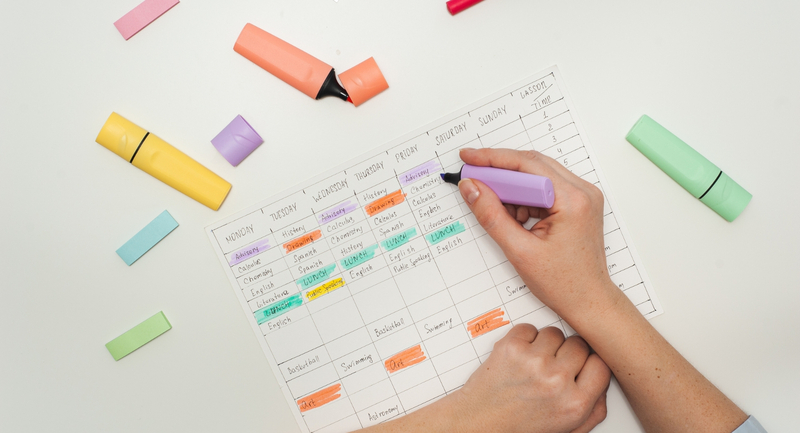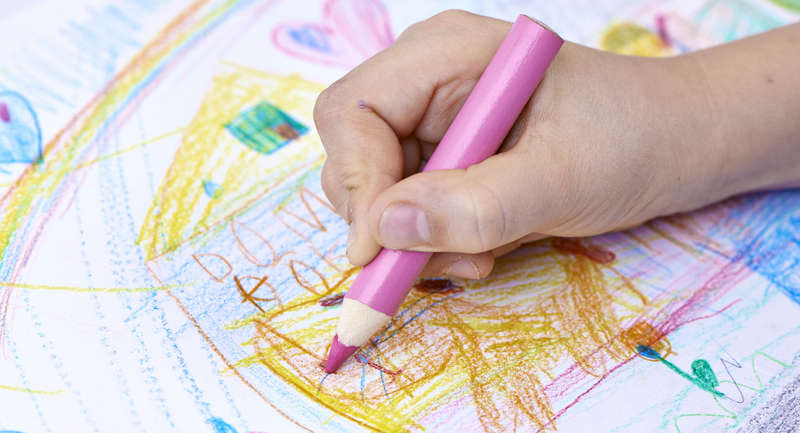Sleep-deprived students tend to be more restless, irritable, and impulsive than other students, and their achievement suffers.
Research shows that even small, temporary increases in sleep (30–40 minutes more a night) have a substantial effect on students’ classroom performance—memory, motor speed, attention, and other abilities associated with math and reading test scores improve.
But what can educators do to get kids to sleep more, and preferably not during instruction?
In their recent EL article, Christi and David Bergin recommend
- Regular, supportive communication with parents about promoting healthy sleep habits.
- Capping extracurricular activities at 9:00 p.m. during the school week.
- Limits on homework and ample lead time (and frequent check-ins) for big assignments.
- Lobbying your central office for later start times. (If you need talking points, how about this West Des Moines school district that gained $700,000 annually by starting later?)
Are sleepy students common at your school? How’s your school responding?








